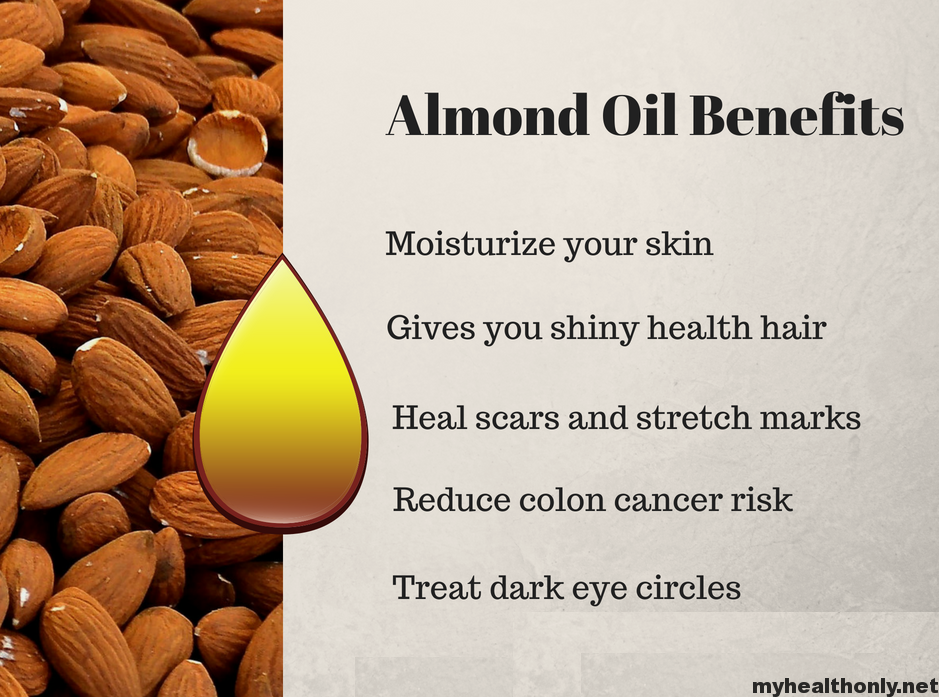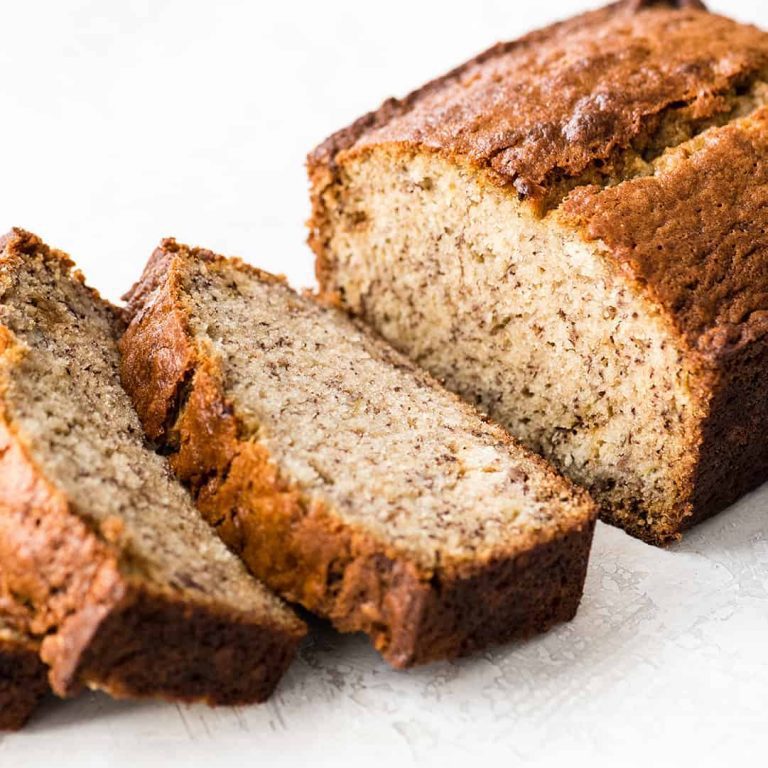How To Make Almond Oil And Its Health Benefits
Almond oil is a versatile and nutritious oil that can be easily made at home. Not only is it great for cooking, but it also offers a range of health benefits when used externally on the skin and hair. In this article, we will explore how to make almond oil and discuss its numerous health benefits.
Making almond oil at home can be a fun and rewarding process. All you need are a bunch of almonds and a few kitchen tools. Here’s a step-by-step guide on how to make your own almond oil:
1. Select Your Almonds: It’s essential to choose high-quality almonds for the best oil extraction. Opt for organic almonds that are fresh and free from any molds or insect damage.
2. Blanch and Peel the Almonds: To remove the skins, blanch the almonds by placing them in boiling water for a few minutes. Drain the almonds and rinse them under cold water. Gently squeeze each almond to remove the skin. Pat them dry with a clean towel.
3. Grind the Almonds: Once the almonds are blanched and peeled, grind them into a fine powder using a blender or food processor. Make sure not to over-blend, as the almonds could turn into a paste.
4. Press the Ground Almonds: Take the ground almonds and place them in a cheesecloth or muslin cloth. Twist the cloth tightly to create a bundle and squeeze out the oil by applying pressure. This process may take some time, so be patient.
5. Filter the Oil: After squeezing out the oil, transfer it to a glass jar or bottle. To remove any remaining almond particles, strain the oil using a fine mesh strainer or a coffee filter. This will ensure a smooth and pure almond oil.
Congratulations! You’ve successfully made your own almond oil. Now, let’s move on to discussing its incredible health benefits.


The Health Benefits of Almond Oil
1. Rich in Nutrients: Almond oil is packed with essential nutrients like vitamin E, healthy fats, and antioxidants. These nutrients work together to nourish your body from the inside out.
2. Promotes Heart Health: The monounsaturated fats present in almond oil help lower bad cholesterol levels and reduce the risk of heart disease. Regular consumption of almond oil can also improve blood flow and lower blood pressure.
3. Boosts Skin Health: Almond oil is a popular ingredient in skincare products due to its moisturizing and nourishing properties. It helps soothe dry and irritated skin, reduces signs of aging, and promotes a healthy complexion.
4. Strengthens Hair: Applying almond oil to your hair can improve its strength, shine, and texture. The oil acts as a natural conditioner, preventing hair breakage and reducing split ends. It can also alleviate scalp conditions like dandruff and itching.
5. Aids in Digestion: Almond oil is light and easily digestible, making it a good choice for those with sensitive digestive systems. Consuming a small amount of almond oil can help relieve constipation and promote regular bowel movements.
6. Supports Brain Function: The antioxidants and omega-3 fatty acids found in almond oil are beneficial for brain health. Regular consumption of almond oil can help improve cognitive function, enhance memory, and reduce the risk of age-related brain disorders.
7. Strengthens Immune System: Almond oil contains antioxidants that help boost your immune system and protect against oxidative stress. Including it in your diet can enhance your body’s defense mechanisms and promote overall wellness.
Frequently Asked Questions
Q: Can almond oil be used for cooking at high temperatures?
Yes, almond oil has a high smoke point, making it suitable for cooking at high temperatures. However, it’s important to use it in moderation, as it is calorie-dense.
Q: Can almond oil cause allergies?
While almond oil allergies are rare, individuals with nut allergies should exercise caution. Perform a patch test before using almond oil on your skin and consult a doctor if you experience any adverse reactions.
Q: How long does homemade almond oil last?
When stored properly in a cool, dark place, homemade almond oil can last for up to six months. Make sure to use a clean spoon or dropper each time you extract the oil to prevent contamination.
Final Thoughts
As you can see, making almond oil at home is a simple process that can yield numerous health benefits. Whether you use it in your cooking or apply it topically, the nutrient-rich properties of almond oil can enhance your overall well-being. So, why not give it a try and experience the wonders of almond oil for yourself? Remember to always choose high-quality almonds and store your oil properly for the best results.







